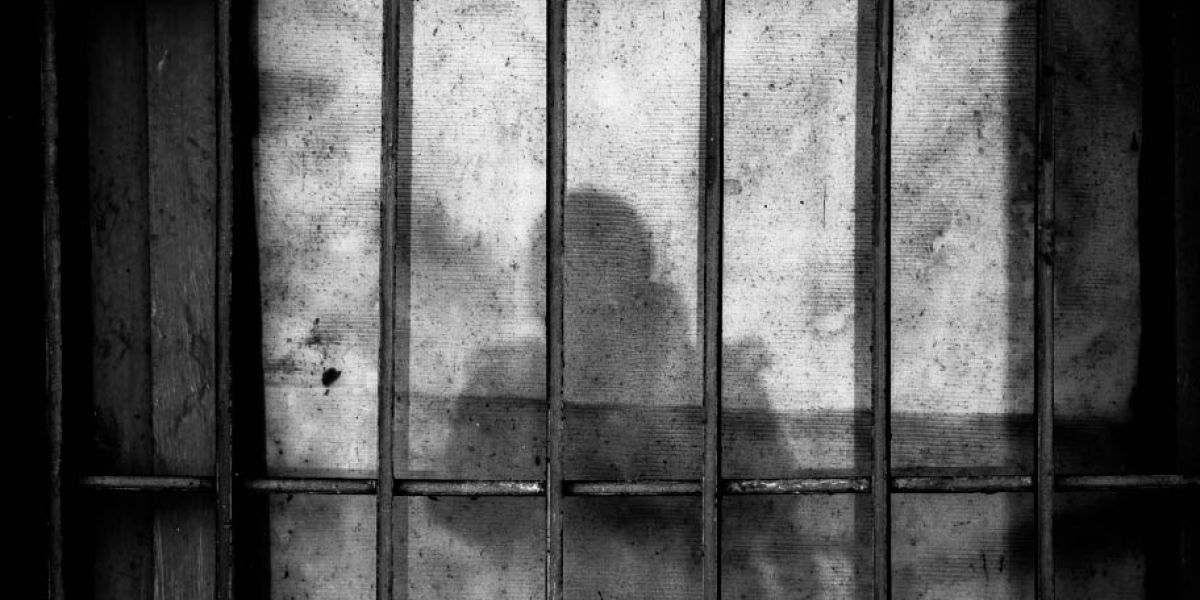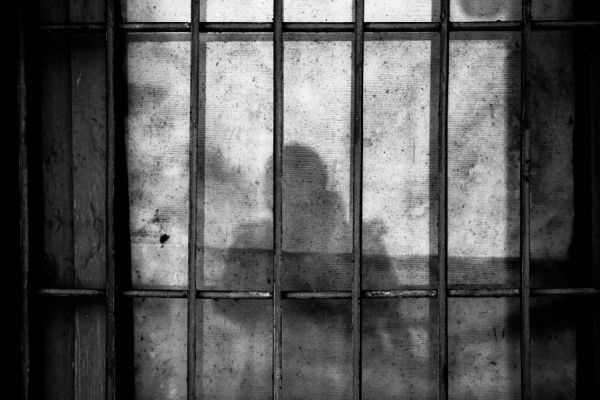Every year around 18,000 children aged 12 to 17 years old are formally interviewed by the police in the Netherlands. Of that number, around 5,800 cases are brought before a court. All these children (called young suspects in criminal law) must make an important decision: Do they remain silent or not? The right to silence is one of the most fundamental, yet controversial procedural rights in youth criminal law.
The legal right to silence
The right to silence is defined as ‘the right of suspects to refuse to answer questions before or during trial without sanction.’ This means that as a young person, when a police officer or a judge asks you anything, you don’t have to answer. This right stems from the presumption that every suspected person is considered innocent until proven guilty in court. In addition, the right to silence protects suspects from incriminating themselves and therefore helps to guarantee their right to a fair trial. The right to silence especially helps young suspects not to feel pressured to confess their guilt. It is also linked to their right to effectively participate and be heard in the criminal justice system. In the Netherlands, the right to silence is acknowledged in Article 29 paragraph 1 of the Dutch Code of Criminal Procedure and is applicable to both adult and young suspects. This recognises that youth suspects are autonomous rights-holders and that they can decide for themselves whether to confess, deny their guilt or invoke their right to remain silent.
Issues in practice
Although this right may seem easy enough – every suspect has the right to remain silent, so you don’t have to answer any questions – it is actually quite complex. One problem, that has been emerged in previous research, is that choosing to remain silent or not may have an influence on other important decisions that are made during criminal proceedings. For example, if someone doesn’t answer questions, a judge may give them a higher sentence than when they speak during trial. There are also several reasons why it can be more difficult to protect this right for young people than for adults. Young people may not understand what this right means. They may not know whether it’s important or not, or how to say that they don’t want to answer. For these reasons, young suspects may not stay silent during questioning, even if they would like to. Other research shows that due to their age and limited maturity, young suspects are more impulsive and experience difficulties in considering long-term consequences. In addition, children are more likely to be influenced by external pressure and power imbalances. This makes young suspects particularly vulnerable in situations where they are interviewed or questioned by the police, prosecutors, or the court. It places them at risk of making incriminating statements unintentionally or even giving false confessions. Because of these complications, it is unclear how effectively young suspects can exercise their right to silence in practice.
The issue of a young suspect’s right to silence is further complicated by the nature of the youth justice system itself. This is because the system is characterised by a dual approach. On the one hand, it is a criminal law system with legal guarantees and goals. On the other hand, it also aims to reform young suspects, and this aspect is given priority. This approach, which is different from adult criminal law, recognises that young suspects are in a vulnerable position in the criminal process and that they can be held less responsible for their criminal behaviour. It implies that young suspects should be treated in a manner that is appropriate for them considering their age, stage of development and specific needs. In light of this reformative aim of the youth justice system, it is highly valued when young suspects tell the truth about their involvement in the offence, take responsibility for their actions and show remorse. However, this seems to clash with the right to remain silent. This is because if a young suspect chooses to remain silent, they do not explain their involvement in the offence, take responsibility or show remorse, as is valued in the youth justice system.
Coming up next
From January 2022 to January 2026, I am studying the right to silence of young suspects in Dutch law and practice for my PhD at the department of Criminal Law and Criminology of the Maastricht University. My research investigates how the right to silence of young suspects is exercised and perceived throughout Dutch criminal proceedings. This research uses an international human rights framework and insights from criminology and developmental psychology to explore whether changes are needed in Dutch law, policy, or practice. Via this website I will keep you informed about my research process, the progress of my research and the results.




